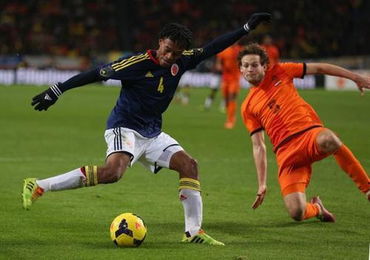欧洲杯在哪里举行
508
2024 / 05 / 20
The European Championship, often referred to as the UEFA Euro, is one of the most prestigious football tournaments globally, showcasing the continent's top talent. The location of this event significantly impacts its atmosphere, logistics, and overall success. Let's delve into the venue selection process and the historical locations where the European Championship has been held.
The UEFA Executive Committee determines the host country for each European Championship through a bidding process. This process typically begins several years before the tournament to allow ample time for preparation and infrastructure development. National football associations submit bids outlining their proposed venues, accommodations, transportation, and overall readiness to host the event.
Several factors influence the selection of the host country:
1.
2.
3.
The European Championship has a rich history spanning several decades, with various countries across Europe hosting the tournament. Here are some notable locations:
1.
2.
3.
4.
While the location of future European Championships is subject to the bidding process, UEFA aims to ensure that the tournament continues to be hosted in diverse locations across the continent. Potential host countries must demonstrate their commitment to providing an exceptional experience for players, fans, and stakeholders.
As football's popularity continues to grow globally, hosting the European Championship offers host countries an unparalleled opportunity to showcase their culture, infrastructure, and passion for the beautiful game.

In conclusion, the European Championship's venue plays a crucial role in shaping the tournament's success and legacy. Whether it's the historic stadiums of Western Europe or the emerging football cultures of Eastern Europe, each host country adds its unique flavor to this prestigious event, uniting fans from across the continent in celebration of football excellence.
